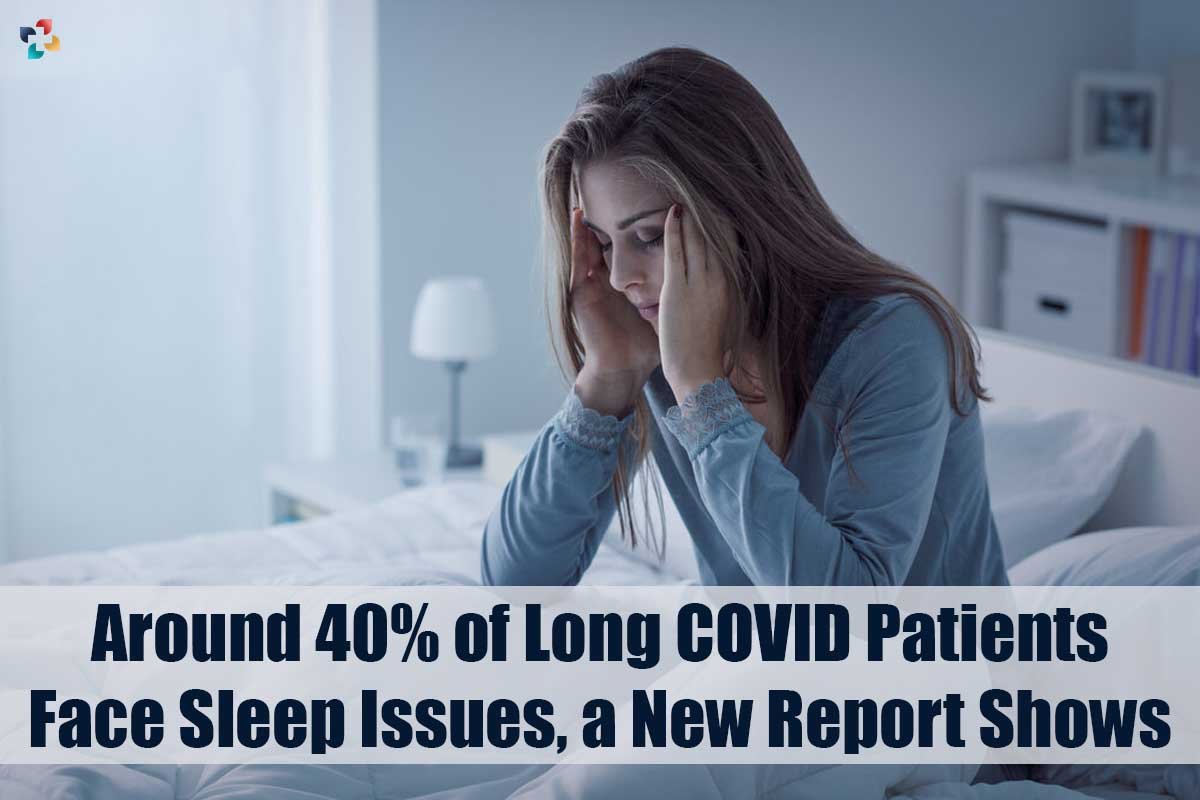Long COVID Patients Face Sleep Issues, with Black patients being up to three times more likely to suffer from these disturbances, according to a new study conducted by Cleveland Clinic’s ReCOver Clinic. The research, which was published in the Journal of Internal Medicine, analyzed the sleep patterns of 962 long COVID patients between February 2021 and April 2022. Of these patients, 41.3% reported moderate to severe sleep disturbances, while more than two-thirds reported moderate to severe fatigue.
Important Study Factors
The study’s authors emphasized the importance of identifying and addressing sleep disturbance in long COVID patients, as it can significantly impact their quality of life and medical health status. They also pointed out the persistent inequities seen throughout the COVID-19 pandemic, with Black patients being disproportionately affected by COVID Patients Face Sleep Issues.
Dr. Reena Mehra, director of Sleep Disorders Research at Cleveland Clinic and senior author of the report, highlighted the need to understand the neurobiological mechanisms or pathways behind the association of sleep disturbances with long COVID and investigate the reasons for the increased vulnerability of PASC-related sleep disturbance in the Black population. By doing so, researchers can develop race-specific interventions to overcome disparities.
The authors also noted that patients with greater anxiety severity were at a higher risk of experiencing sleep disturbances. They emphasized the need for multidisciplinary clinical settings to ensure that all patients, especially those from minority and lower socioeconomic backgrounds, have access to the best clinical care for their post-COVID complications.
Dr. Pena Orbea, a researcher at the ReCOver Clinic, said, “Our findings not only emphasize the importance of identification of sleep disturbance in long COVID but they also draw attention to the persistent inequities seen throughout the COVID-19 pandemic.”
Researchers Find 40% of Long COVID Patients Face Sleep Issues
To Conclude
Long COVID has been a significant issue for many patients, and this study highlights the importance of identifying and addressing sleep disturbances in these patients. By doing so, healthcare providers can improve the quality of life and medical health status of long COVID patients, especially those from minority and lower socioeconomic backgrounds. The study’s authors are calling for further research to better understand the underlying mechanisms of sleep disturbances in long COVID and to develop targeted interventions to address the disparities seen in Black patients.







